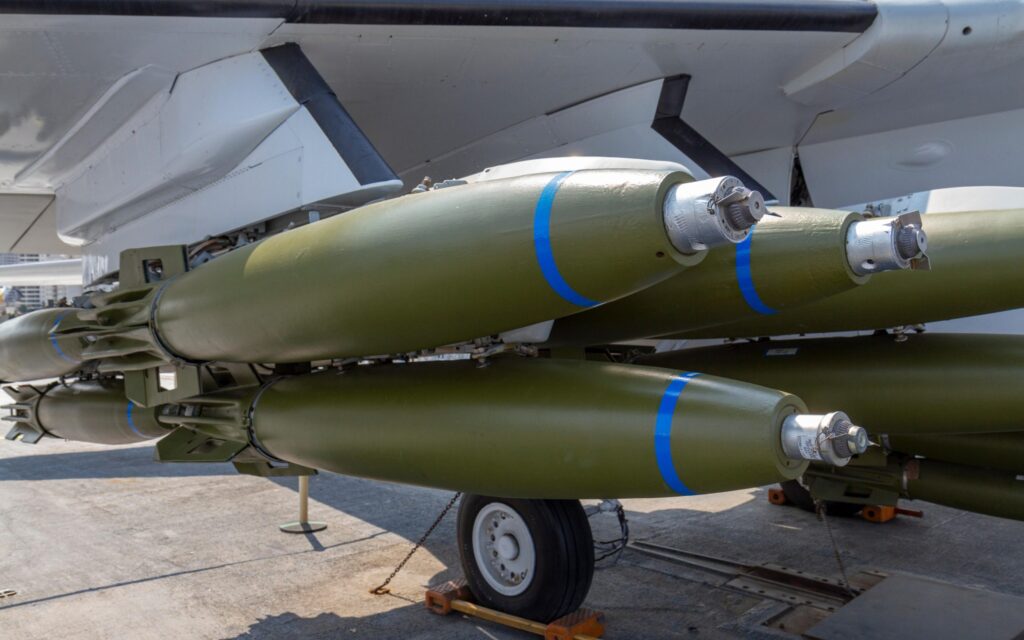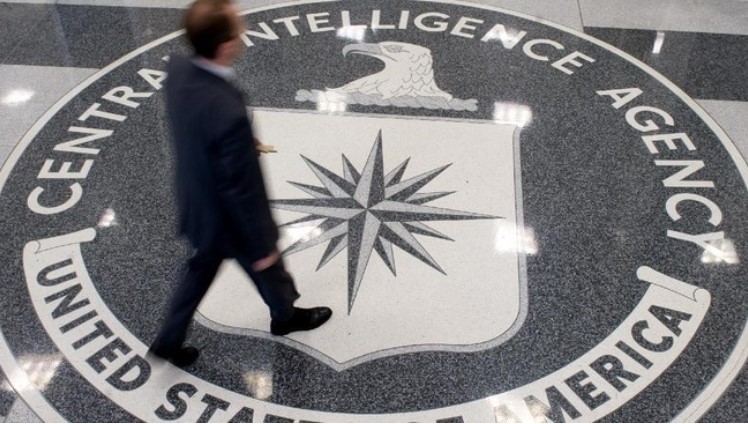
The use of this new ammunition would hardly affect the Russian military campaign but would have “dire consequences” for civilians, she noted in a statement published by the ministry.
These bombs are nothing but “yet another ‘Wunderwaffe’ [wonder weapon] Washington and Kiev are betting on, without thinking about the harsh consequences” of its employment, Zakharova said, adding that previous uses of such munitions in the Middle East and other parts of the world showed that its bomblets could stay unexploded for a long time and go off after a conflict has ended.
“Through the cluster munition deliveries, Washington de-facto becomes an accomplice in mining [Ukraine’s] territory and will share full responsibility for the deaths… of both Russian and Ukrainian children,” the spokeswoman stressed.
The continued expansion of weapon supplies to Kiev is aimed at “raising the stakes in this conflict to the maximum,” Zakharova warned, adding that such actions also show the US and its allies engaging more and more in the hostilities. This serves as yet another example of America’s “aggressive anti-Russian course,” she said, stressing that Washington is seeking to prolong the conflict for as long as possible and turn it into a “war to the last Ukrainian.”
Her words came a day after Washington approved another $800 million weapons package for Ukraine, including cluster munitions, despite America’s own legislation banning their export. US Under Secretary of Defense for Policy Colin Kahl then defended the White House’s decision by saying that Russia’s victory would be “the worst thing for civilians in Ukraine,” even when compared to the potential harm inflicted by cluster bombs.
Some US allies have questioned the move. On Friday, German Foreign Minister Annalena Baerbock expressed a negative attitude to the idea, saying that Berlin is sticking to the Oslo agreements that ban cluster munitions. Austria, which is not a NATO member, said the West would be sending the wrong signal if such munitions are sent to a conflict zone.
The use of cluster bombs was also condemned by the UN and Human Rights Watch (HRW). The munitions were banned under a UN convention back in 2008. More than 110 nations have become parties to the agreement since then.







